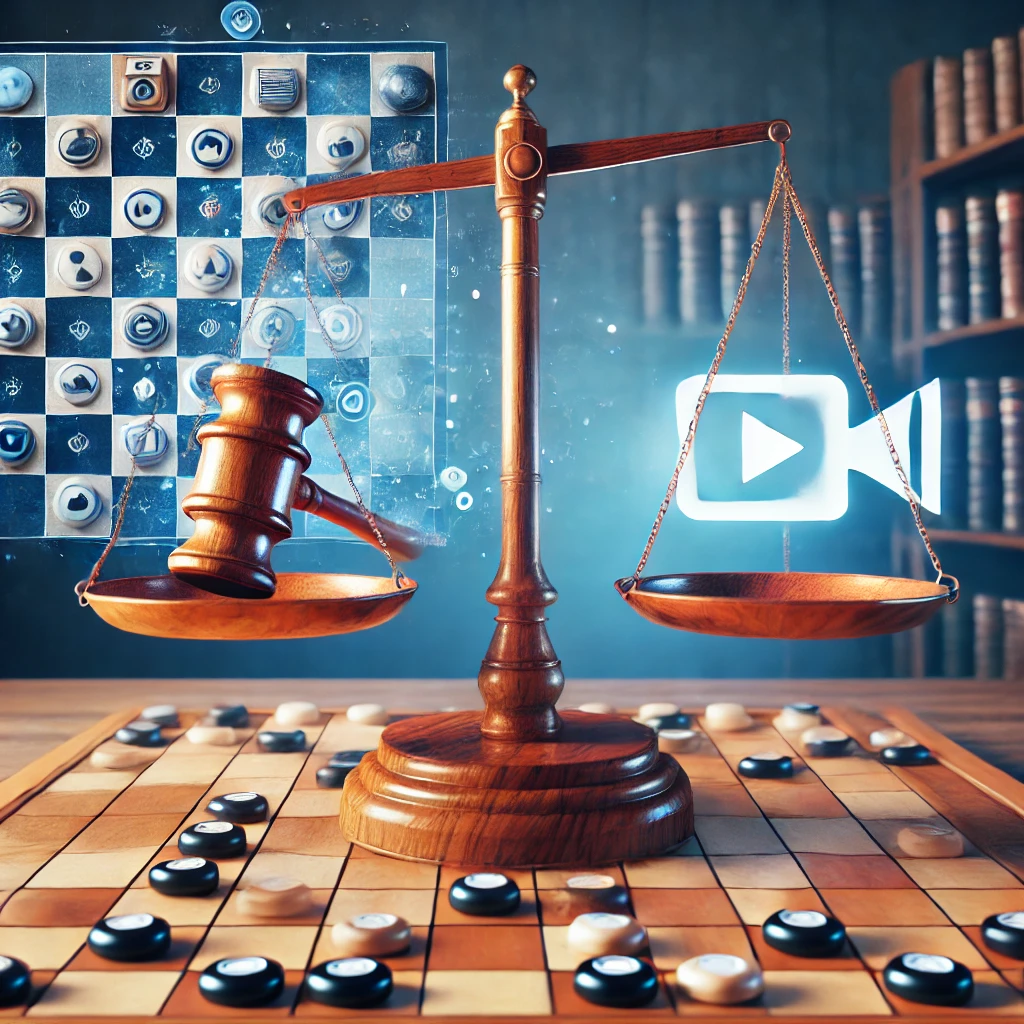On January 30, the Osaka High Court ruled against a YouTuber who had been streaming shogi game records (kifu) in real-time on YouTube and TwitCasting, stating that their actions “infringed on business interests.” This ruling has the potential to impact the nature of online content and the future of shogi as a cultural practice.
Are Shogi Game Records “Mere Facts” or “Protected Rights”?
One of the key points of contention in this lawsuit was whether kifu should be considered freely accessible information. The first trial ruled that “kifu are objective facts and can be freely used,” but the second trial ruled that “the use of kifu is directly linked to the business model of the Japan Shogi Association (JSA),” thereby restricting its free use.
While shogi game records are indeed “records of facts,” collecting and organizing them incurs costs, and they constitute a major revenue source for the JSA. From a business sustainability perspective, it is understandable that unauthorized real-time distribution was judged to “exceed the scope of free competition.”
However, an important question remains: how should the factual nature of kifu be balanced against its commercial value? For example, the results of sports matches are also “facts,” but it is common for leagues and broadcasters to hold exclusive contracts. Similarly, it may be that kifu is now recognized as “commercially valuable information.”
The Legitimacy of Takedown Requests and Platform Policies
The case also debated whether the “Igo & Shogi Channel” was justified in requesting the removal of the YouTuber’s videos on the grounds of “copyright infringement.” The first trial ruled this as a “false takedown request,” but the second trial judged that “since there was a possibility of property rights infringement, the request was not unjustified.”
A crucial issue here is the policies of platforms such as YouTube and TwitCasting. Under current terms of use, takedown requests can be made not only for copyright infringement but also for concerns related to “property rights violations” and “business obstruction.” This policy tends to favor corporations, increasing risks for individual content creators.
How YouTube’s content removal process will be managed in the future is a crucial issue for creators. This ruling sets a precedent that content can be removed even if it does not infringe copyright, potentially influencing other fields as well.
Impact of the Ruling and the Future of Shogi Culture
This ruling establishes that “unauthorized real-time distribution of kifu threatens the business of the JSA.” While this secures stable revenue for the shogi industry, it also imposes restrictions on individual content creators.
From a shogi promotion standpoint, overly restricting individual sharing and commentary on kifu could have negative long-term consequences. While it is understandable that “unauthorized real-time distribution” is problematic, an environment where fans can freely discuss and share shogi should also be preserved.
Future Outlook
Following this ruling, several developments may arise between the JSA and content creators:
- Clarification of Kifu Usage Guidelines
The JSA already has guidelines for using kifu, but more detailed rules and exceptions may need to be established.
- New Approaches to Real-Time Streaming
There may be a shift toward streams incorporating delays or those operating under official licenses.
- Reactions from Shogi Fans
Some may worry that restricting individual streams will make it harder to share the appeal of shogi. On the other hand, others may support the ruling as a necessary step to protect official broadcasts.
- Impact on Other Sports and Content
Beyond shogi, this ruling could spark discussions about “rights to real-time information” in other fields, such as sports and esports.
Conclusion
This lawsuit was significant in shifting the focus from traditional copyright issues to the concept of kifu as a “business asset.” While the ruling is a setback for individual streamers, it also plays a role in protecting the shogi industry’s business model.
The challenge ahead lies in balancing the preservation of shogi culture with the freedom of fans to enjoy and share the game. This remains an important issue that requires ongoing discussion.
